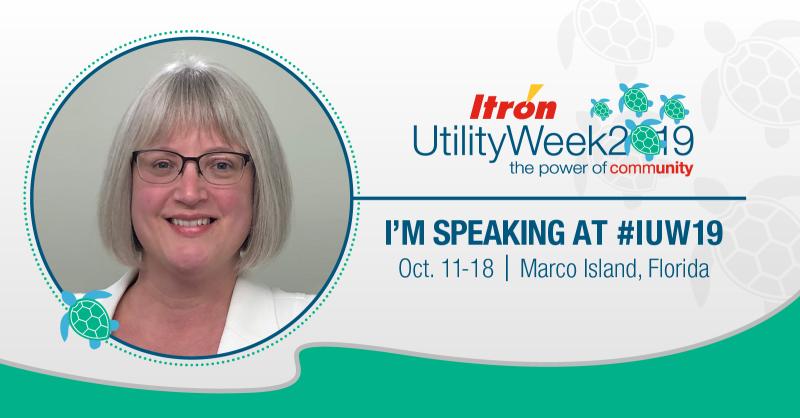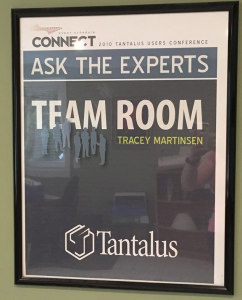I think I was in my late 30s when I suddenly realized that — contrary to what my mother had told me!! — you don’t get extra points for doing everything the hard way.
And it’s not lazy or cheating… if you do it right, it’s LEADERSHIP.
Next time you are at the beginning of an improvement project, assign specific areas of study out to the team, and ask for them to develop some of their ideas about the value of the work and what they would do next. Then you can lead the team in a discussion rather than trying to be Teacher.
You can trust them, they won’t think less of you for ‘not knowing the answer’ — unless people have secretly been hating me all these years and I just don’t know about it.
We always look better from the outside than we know on the inside. Trust them. Trust yourself. Give them something cool to do and step back.
Don’t worry if you don’t know where they’re going yet – the whole game is to figure that out, and leadership is figuring that out TOGETHER. (Yes, while everyone watches — get used to it!)
Also: Especially during a project, always make sure you leave a meeting with action items: a WHAT and a WHEN and a WHO. Then the structure of the meetings can push the group along, and you won’t have to do all the pulling yourself.
Much easier! And a better result.







